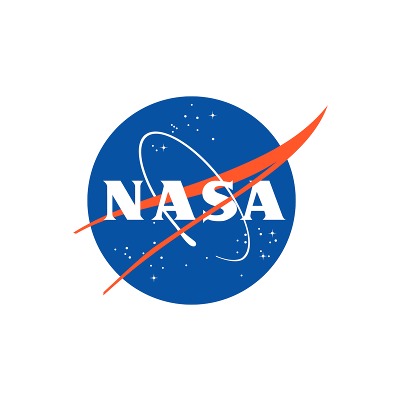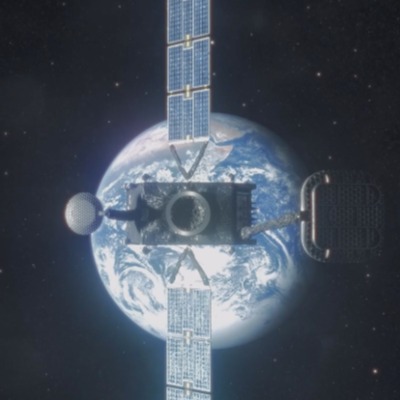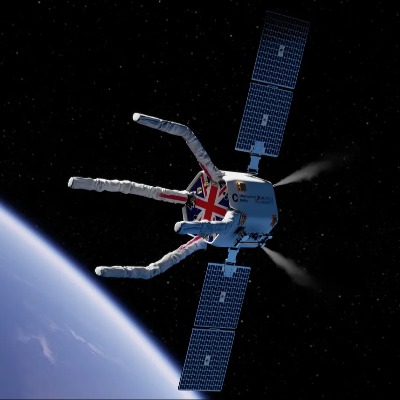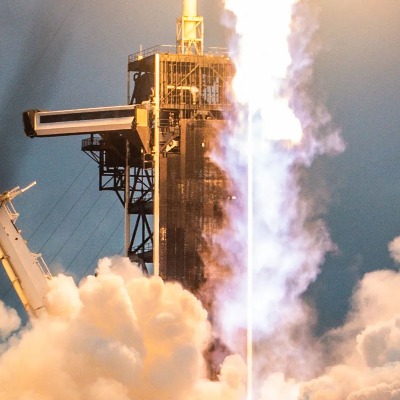Moon Express Delivery: Blue Origin and SpaceX Gear Up For Unmanned Lunar Cargo Runs
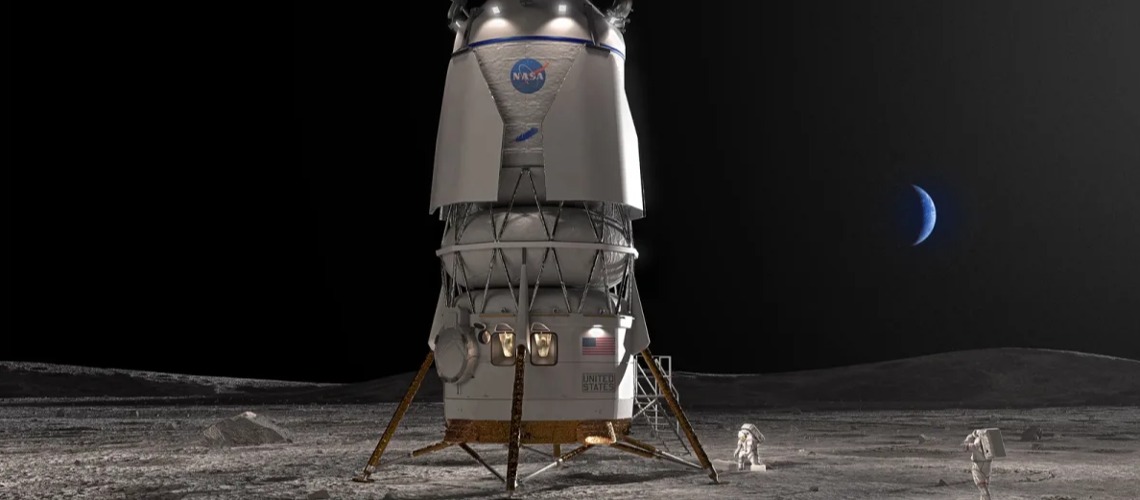
The race to the Moon heats up, not just for astronauts, but also for cargo! In a significant development for NASA's Artemis program, both Blue Origin and SpaceX have begun initial design and development work on uncrewed versions of their crewed lunar landers. This marks a crucial step towards establishing a sustainable lunar presence, setting the stage for lunar resource extraction and potentially even permanent settlements.
The news comes after NASA exercised options in its Human Landing System (HLS) contracts with both companies. These options call for the initial design and development of dedicated cargo variants of their landers, capable of hauling significant payloads to the lunar surface.
"This is a major milestone for Artemis," said NASA Administrator Bill Nelson. "Expanding our lunar transportation options beyond just astronaut crews will be vital for building a long-term presence on the Moon. These cargo landers will allow us to deliver the equipment, materials, and scientific experiments needed to explore and utilize the Moon's resources."
Blue Origin's uncrewed Blue Moon lander will leverage the same engine technology and landing architecture as its crewed counterpart, but with increased payload capacity. The company envisions its uncrewed lander playing a key role in delivering vital supplies and infrastructure for future lunar outposts.
SpaceX, meanwhile, plans to adapt its versatile Starship spacecraft for uncrewed lunar cargo missions. Starship's massive payload capacity and reusability make it a prime candidate for delivering large quantities of material to the Moon, potentially opening the door to lunar resource extraction projects like in-situ propellant production.
The development of dedicated cargo landers also holds strategic importance for NASA's ambitious Artemis timeline. While crewed missions like Artemis 3 face delays, cargo landers could pave the way for earlier delivery of critical infrastructure and resources, facilitating a smoother transition to sustained human presence on the Moon.
While challenges remain, including technical hurdles and ensuring cost-effectiveness, the initiation of cargo lander development marks a significant leap forward for lunar exploration. With both Blue Origin and SpaceX vying for supremacy in the lunar logistics market, the competition promises to deliver innovation and accelerate the return of humanity to the Moon, this time, for good.
This development holds exciting implications for the future of lunar exploration, not just for NASA, but for private companies and international collaboration. The race for the Moon may have started with astronauts, but the delivery trucks are now revving their engines, ready to fuel the next era of lunar adventure.

